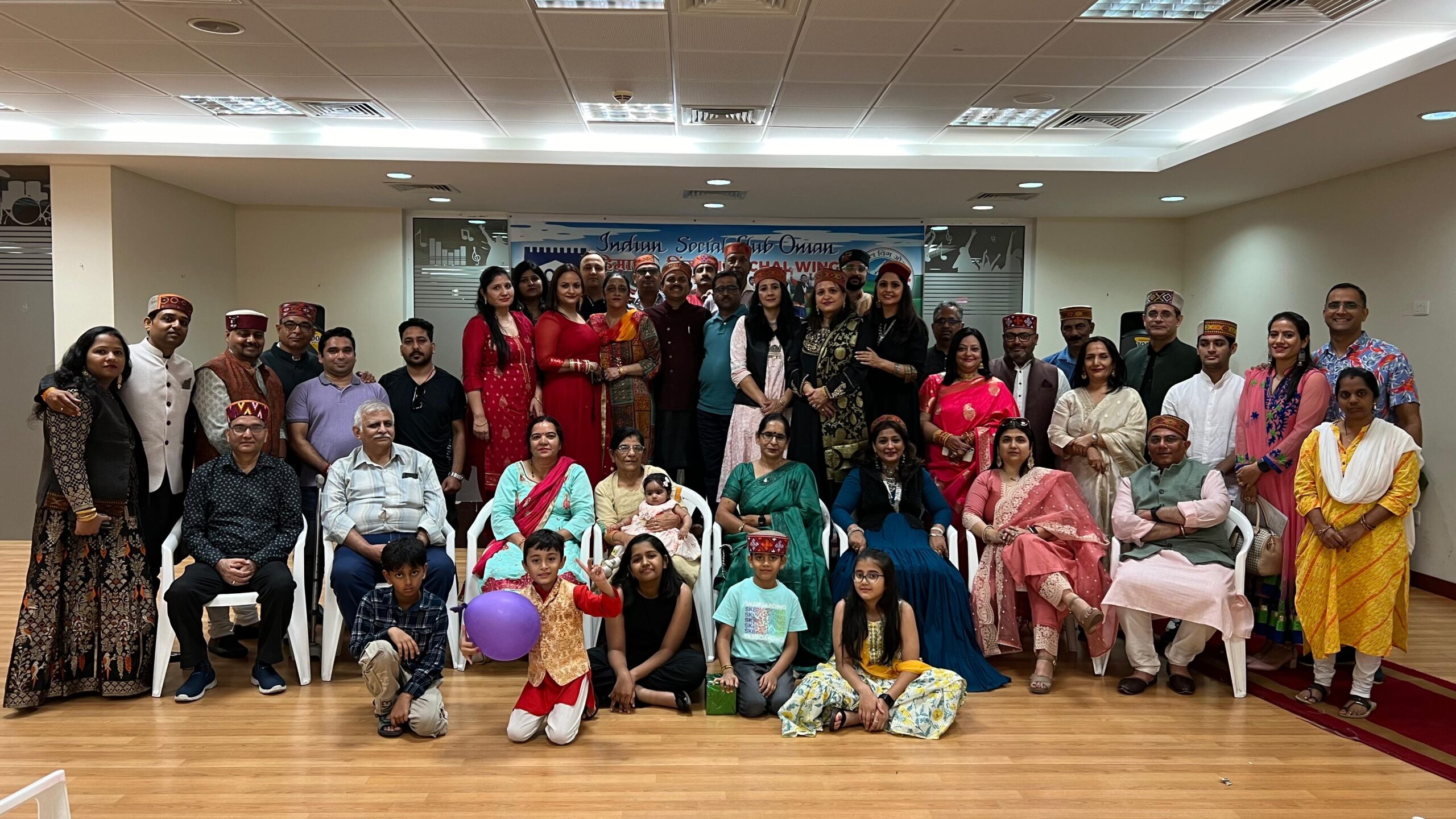“The US workforce, consisting of 47.6 million immigrants and their US-born offspring, has been instrumental in meeting current labor demands.”
PRAVASISAMWAD.COM
A recent study underscores the pivotal role Indian immigrants, alongside those from other countries, are poised to play in addressing forthcoming labor shortages in the United States. The report, published by the Migration Policy Institute and cited in The American Bazaar, highlights the need for retraining and upskilling to harness the full potential of this demographic segment.
According to the report, the US workforce, consisting of 47.6 million immigrants and their US-born offspring, has been instrumental in meeting current labor demands. Moreover, with projections indicating a decline in US birthrates, immigrants and their descendants are projected to drive the growth of the prime working-age population, effectively counteracting potential labor force shrinkage.
Titled “How Immigrants and Their US-Born Children Fit into the Future US Labor Market,” the report delves into the evolving educational landscape of the workforce and its alignment with future job requirements. It draws from comprehensive data sets, including insights from the US Census Bureau, to forecast occupational trends and educational prerequisites for future employment.
As the United States navigates the complexities of a rapidly evolving economy, leveraging the potential of immigrant-origin workers through strategic investments in education and training is paramount. By harnessing this demographic dividend, the nation can bolster its economic resilience and sustain its trajectory of growth and innovation.
The study underscores a seismic shift in the US economy from industrial to service and knowledge-based sectors, intensified by technological advancements, demographic shifts, and emerging employment trends such as green jobs.
Key findings from the report shed light on the educational attainment levels among immigrant-origin adults. Notably, a significant proportion of Asian American and Pacific Islander, Black, and White adults from immigrant backgrounds exhibit post-secondary education, positioning them favorably for future labor market demands. However, educational attainment among Latino and Black immigrant populations, particularly in the first generation, lags behind.
Recent immigrants, arriving in 2020 or later, exhibit promising educational credentials, with a notable proportion holding bachelor’s degrees or higher. This cohort is well-suited to pursue careers in burgeoning STEM fields, aligning with the evolving demands of the labor market.
Even traditionally non-degree-requiring occupations, such as healthcare support and certain blue-collar roles, are projected to demand higher educational qualifications in the coming decade. Immigrant-origin adults are disproportionately represented in these sectors, indicating the imperative for targeted educational interventions.
Addressing the educational attainment gap among immigrant-origin populations necessitates concerted efforts to facilitate access to high school diplomas and equivalent qualifications. Moreover, comprehensive upskilling and retraining initiatives are crucial to equip workers, irrespective of their immigration status, with the requisite skills for future employment opportunities.
The report underscores the pivotal role of policymakers in fostering an inclusive approach to workforce development. By mitigating barriers and promoting skill enhancement initiatives, policymakers can ensure that a diverse array of workers are equipped to thrive in the dynamic landscape of the future labor market.
As the United States navigates the complexities of a rapidly evolving economy, leveraging the potential of immigrant-origin workers through strategic investments in education and training is paramount. By harnessing this demographic dividend, the nation can bolster its economic resilience and sustain its trajectory of growth and innovation.
***********************************************************************
Readers
These are extraordinary times. All of us have to rely on high-impact, trustworthy journalism. And this is especially true of the Indian Diaspora. Members of the Indian community overseas cannot be fed with inaccurate news.
Pravasi Samwad is a venture that has no shareholders. It is the result of an impassioned initiative of a handful of Indian journalists spread around the world. We have taken a small step forward with the pledge to provide news with accuracy, free from political and commercial influence. Our aim is to keep you, our readers, informed about developments at ‘home’ and across the world that affect you.
Please help us to keep our journalism independent and free.
In these difficult times, running a news website requires finances. While every contribution, big or small, will make a difference, we request our readers to put us in touch with advertisers worldwide. It will be a great help.
For more information: pravasisamwad00@gmail.com








